STEM Ambassadors
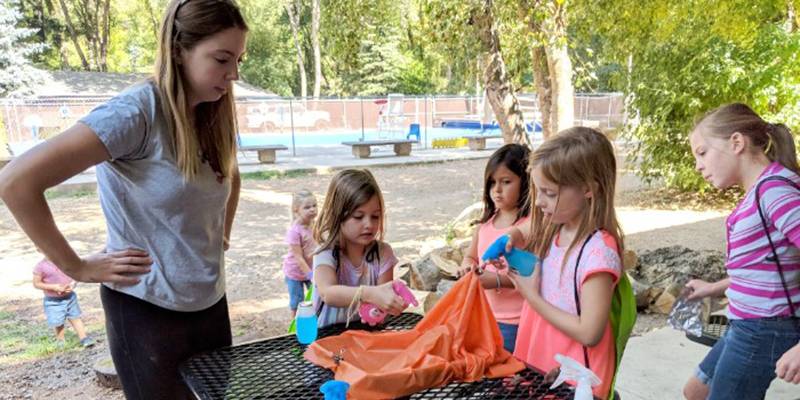



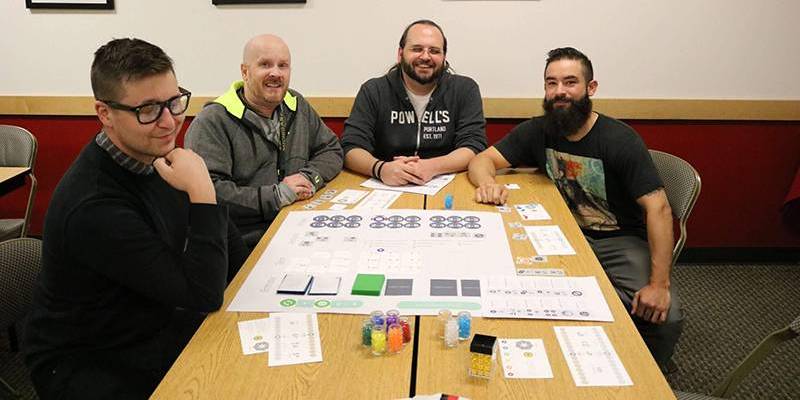

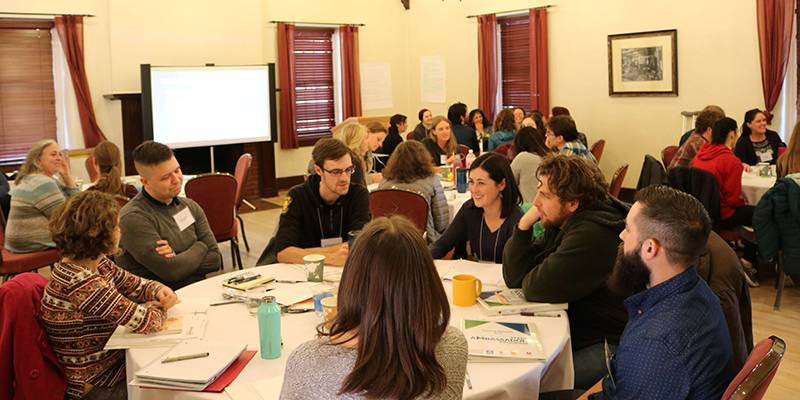

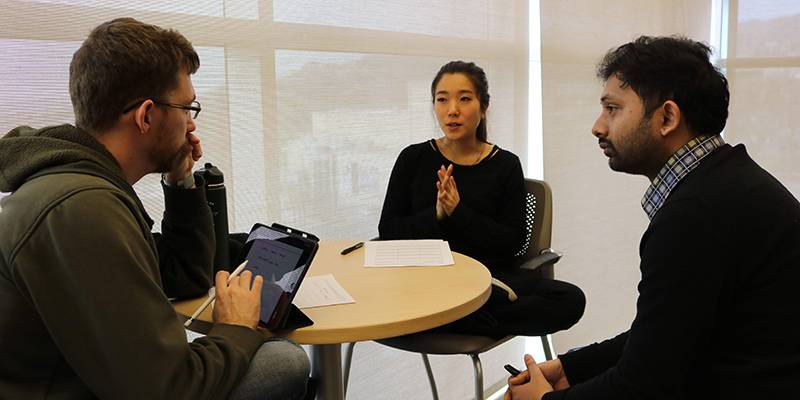
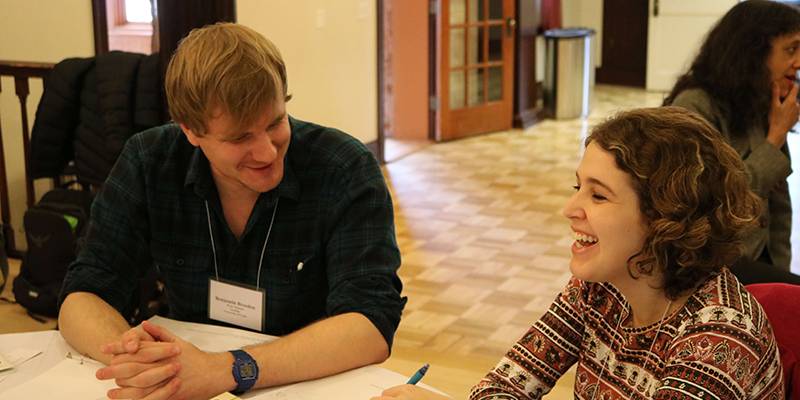

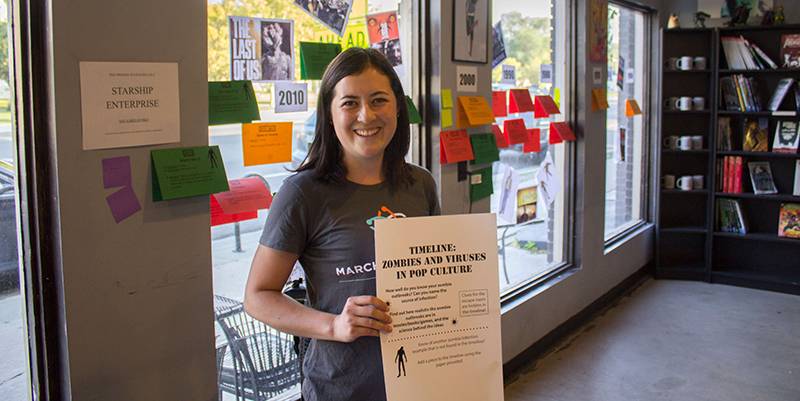
Reflection Articles
-

Patricia Girardi Shares the Magic of Plants, Bacteria, and Dinosaurs with Justice-Impacted Youth
I recently had the pleasure of attending a seminar given by Dr. Nalini Nadkarni, Professor Emeritus of Biology at the University of Utah. She spoke about her career-long mission to weave a tapestry grounded in ecology—one that tells stories of disturbance and recovery while crossing disciplines and communities. Part of this work culminated in the launch of the STEM Community Alliance Program (STEMCAP), which brings STEM programming to youth in custody and connects them with scientists, artists, and community educators. As a newly designated STEM Ambassador collaborating with STEMCAP, I was scheduled to present my research on plant–bacteria interactions to students at the Slate Canyon Youth Center (SCYC) just two days after her talk. These students are justice-impacted youth (aged ~14-20) participating in an educational program designed to provide structure, support, and opportunities for growth during custody. Feeling a little starstruck, I asked Dr. Nadkarni if she had any last-minute advice. Her response was simple: humanize yourself. Show them that you are a person as well as a scientist.
-

Dr. Gloria Ortiz Ramirez Enhances Education and Appreciation for a Puerto Rican Nature Reserve
My STEM Ambassador project is taking place in the Corredor Ecológico del Noreste (CEN) Reserve in Luquillo, Puerto Rico, a protected coastal ecosystem co-managed by the community-based organization Coalición para la Protección del CEN and the Department of Natural and Environmental Resources (DRNA). The Coalition, established in 2005, plays a key role in conservation, education, and community engagement. I have collaborated with this group in the past and continue to work with them through my postdoctoral research within the Reserve. This ongoing relationship has allowed me to observe their essential work in protecting the area and educating visitors. The Reserve receives both local and international tourists, yet it lacks interpretive guides or materials that help visitors understand and appreciate what they are experiencing.
-

Summer 2025 Newsletter
2025 is another packed year for STEMAP!



